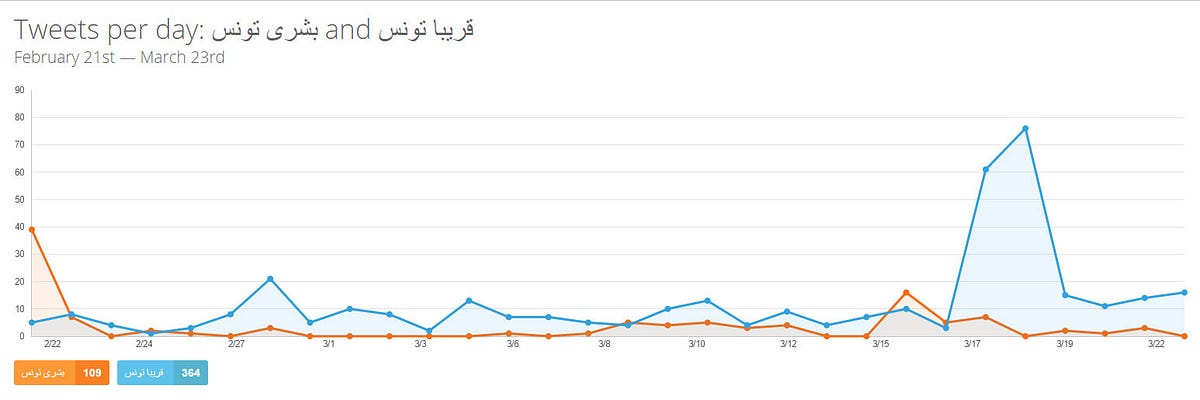David Runciman in the Guardian: (Politics by David Runciman is due from Profile ..It is the first in a series of “Ideas in Profile”) “The most significant revolution of the 21st century so far is not political. It is the information technology revolution. Its transformative effects are everywhere. In many places, rapid technological change stands in stark contrast to the lack of political change. Take the United States. Its political system has hardly changed at all in the past 25 years. Even the moments of apparent transformation – such as the election of Obama in 2008 – have only reinforced how entrenched the established order is: once the excitement died away, Obama was left facing the same constrained political choices. American politics is stuck in a rut. But the lives of American citizens have been revolutionised over the same period. The birth of the web and the development of cheap and efficient devices through which to access it have completely altered the way people connect with each other. Networks of people with shared interests, tastes, concerns, fetishes, prejudices and fears have sprung up in limitless varieties. The information technology revolution has changed the way human beings befriend each other, how they meet, date, communicate, medicate, investigate, negotiate and decide who they want to be and what they want to do. Many aspects of our online world would be unrecognisable to someone who was transplanted here from any point in the 20th century. But the infighting and gridlock in Washington would be all too familiar.
This isn’t just an American story. China hasn’t changed much politically since 4 June 1989, when the massacre in Tiananmen Square snuffed out a would-be revolution and secured the current regime’s hold on power. But China itself has been totally altered since then. Economic growth is a large part of the difference. But so is the revolution in technology. A country of more than a billion people, nearly half of whom still live in the countryside, has been transformed by the mobile phone. There are currently over a billion phones in use in China. Ten years ago, fewer than one in 10 Chinese had access to one; today there is nearly one per person. Individuals whose horizons were until very recently constrained by physical geography – to live and die within a radius of a few miles from your birthplace was not unusual for Chinese peasants even into this century – now have access to the wider world. For the present, though maybe not for much longer, the spread of new technology has helped to stifle the call for greater political change. Who needs a political revolution when you’ve got a technological one?
Technology has the power to make politics seem obsolete. The speed of change leaves government looking slow, cumbersome, unwieldy and often irrelevant. It can also make political thinking look tame by comparison with the big ideas coming out of the tech industry. This doesn’t just apply to far‑out ideas about what will soon be technologically possible: intelligent robots, computer implants in the human brain, virtual reality that is indistinguishable from “real” reality (all things that Ray Kurzweil, co-founder of the Google-sponsored Singularity University, thinks are coming by 2030). In this post-ideological age some of the most exotic political visions are the ones that emerge from discussions about tech. You’ll find more radical libertarians and outright communists among computer scientists than among political scientists. Advances in computing have thrown up fresh ways to think about what it means to own something, what it means to share something and what it means to have a private life at all. These are among the basic questions of modern politics. However, the new answers rarely get expressed in political terms (with the exception of occasional debates about civil rights for robots). More often they are expressions of frustration with politics and sometimes of outright contempt for it. Technology isn’t seen as a way of doing politics better. It’s seen as a way of bypassing politics altogether.
In some circumstances, technology can and should bypass politics. The advent of widespread mobile phone ownership has allowed some of the world’s poorest citizens to wriggle free from the trap of failed government. In countries that lack basic infrastructure – an accessible transport network, a reliable legal system, a usable banking sector – phones enable people to create their own networks of ownership and exchange. In Africa, a grassroots, phone-based banking system has sprung up that for the first time permits money transfers without the physical exchange of cash. This makes it possible for the inhabitants of desperately poor and isolated rural areas to do business outside of their local communities. Technology caused this to happen; government didn’t. For many Africans, phones are an escape route from the constrained existence that bad politics has for so long mired them in.
But it would be a mistake to overstate what phones can do. They won’t rescue anyone from civil war. Africans can use their phones to tell the wider world of the horrors that are still taking place in some parts of the continent – in South Sudan, in Eritrea, in the Niger Delta, in the Central African Republic, in Somalia. Unfortunately the world does not often listen, and nor do the soldiers who are doing the killing. Phones have not changed the basic equation of political security: the people with the guns need a compelling reason not to use them. Technology by itself doesn’t give them that reason. Equally, technology by itself won’t provide the basic infrastructure whose lack it has provided a way around. If there are no functioning roads to get you to market, a phone is a godsend when you have something to sell. But in the long run, you still need the roads. In the end, only politics can rescue you from bad politics…”


